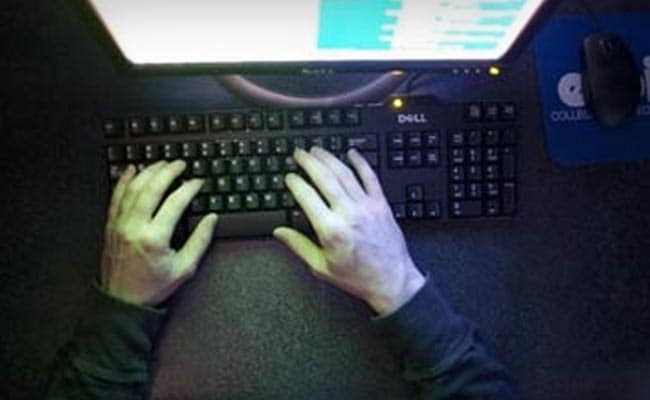
Representational Image
London:
A 15-year-old boy in the UK who used a hypodermic syringe to insert a microchip under the skin on his hand may have become Britain's youngest 'cyborg' - part-human, part machine.
Byron Wake, from Martock in Somerset, can now unlock his mobile phone and operate some Bluetooth devices with a wave of his hand.
Wake is one of an estimated 10,000 people worldwide to have had the chip implanted.
The chip is the size of a grain of rice and is encased in 'bio-safe' glass.
Wake ordered it from the US and ignored advice to have it inserted by a doctor, 'The Times' reported.
"I didn't tell my parents until three days later. They took it better than expected because they had already told me not to do it," Wake said.
"When I did tell them I'd done it, they just went with it. Afterwards I had it checked out at the doctor, who said it was fine and they were happy," Wake said.
He said that there had been no problems with the chip so far, apart from a slight ache after injecting it.
The xNT chip emits a low-power radio signal that can perform simple functions such as unlocking a mobile or opening a door.
Wake will be reviewing the chip for Dangerous Things, a US company that raised the finance to produce them through the crowd-funding website Indiegogo.
Kevin Warwick, who became the world's first cyborg when he had a chip implanted in 1998, has given Wake his backing.
The professor, who is deputy vice-chancellor of research at Coventry University, said there were no risks to microchip implants.
"Quite a few people have them, but he may well be the youngest. There are all sorts of possibilities for it in the future," Warwick said.
Byron Wake, from Martock in Somerset, can now unlock his mobile phone and operate some Bluetooth devices with a wave of his hand.
Wake is one of an estimated 10,000 people worldwide to have had the chip implanted.
The chip is the size of a grain of rice and is encased in 'bio-safe' glass.
Wake ordered it from the US and ignored advice to have it inserted by a doctor, 'The Times' reported.
"I didn't tell my parents until three days later. They took it better than expected because they had already told me not to do it," Wake said.
"When I did tell them I'd done it, they just went with it. Afterwards I had it checked out at the doctor, who said it was fine and they were happy," Wake said.
He said that there had been no problems with the chip so far, apart from a slight ache after injecting it.
The xNT chip emits a low-power radio signal that can perform simple functions such as unlocking a mobile or opening a door.
Wake will be reviewing the chip for Dangerous Things, a US company that raised the finance to produce them through the crowd-funding website Indiegogo.
Kevin Warwick, who became the world's first cyborg when he had a chip implanted in 1998, has given Wake his backing.
The professor, who is deputy vice-chancellor of research at Coventry University, said there were no risks to microchip implants.
"Quite a few people have them, but he may well be the youngest. There are all sorts of possibilities for it in the future," Warwick said.
Track Latest News Live on NDTV.com and get news updates from India and around the world

